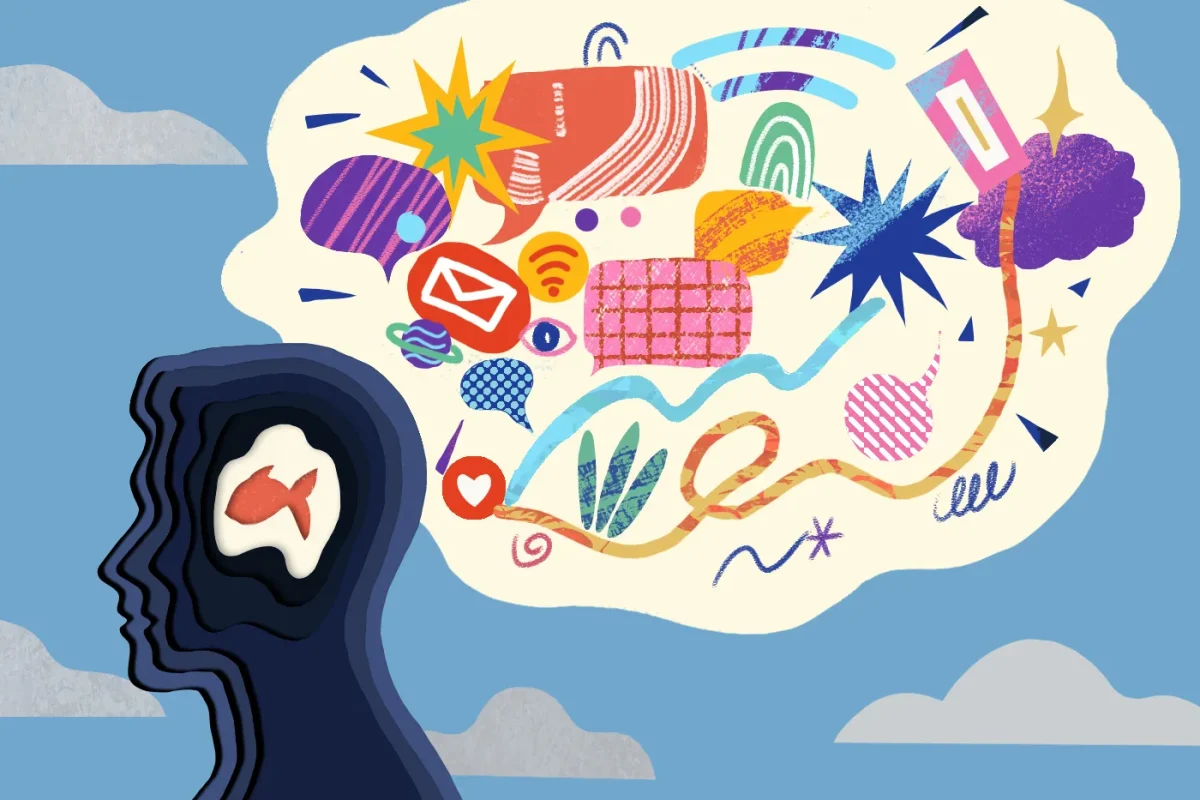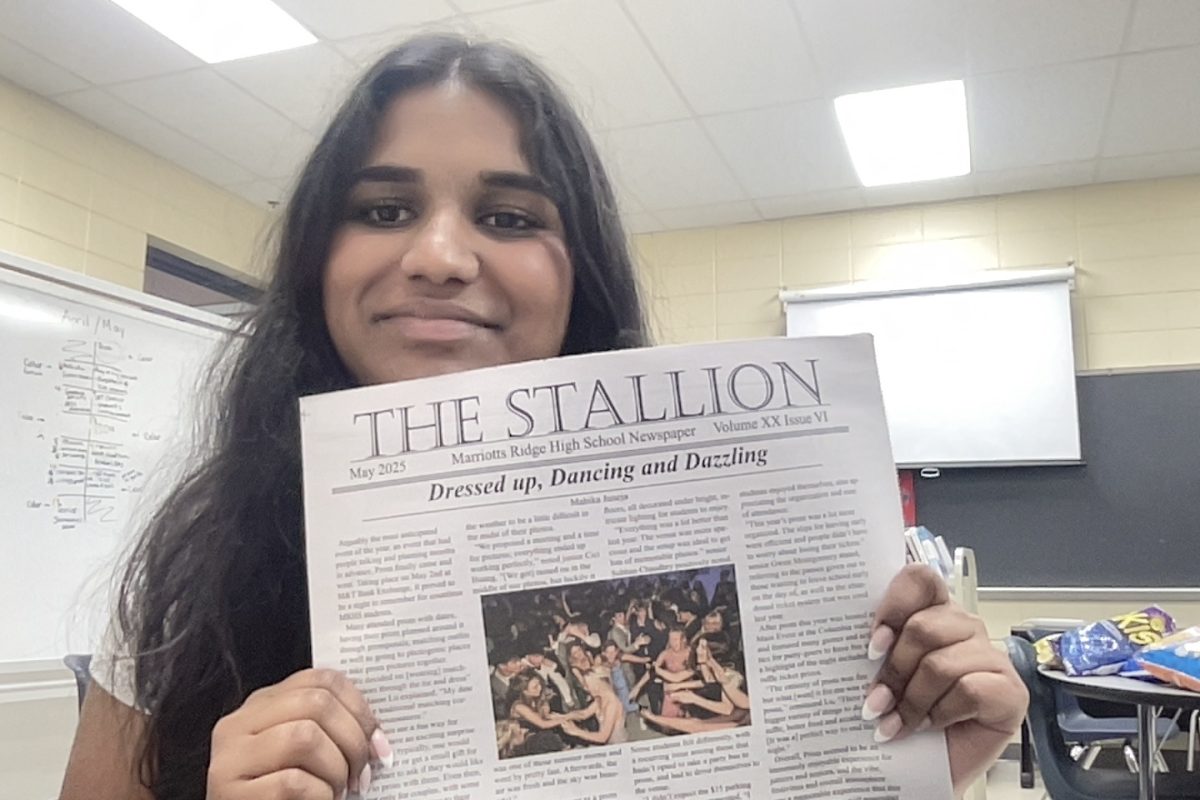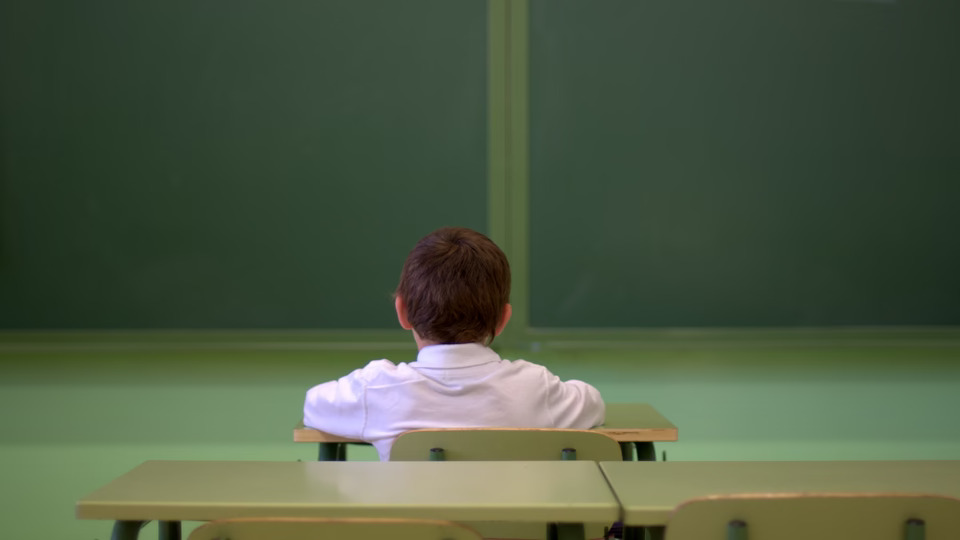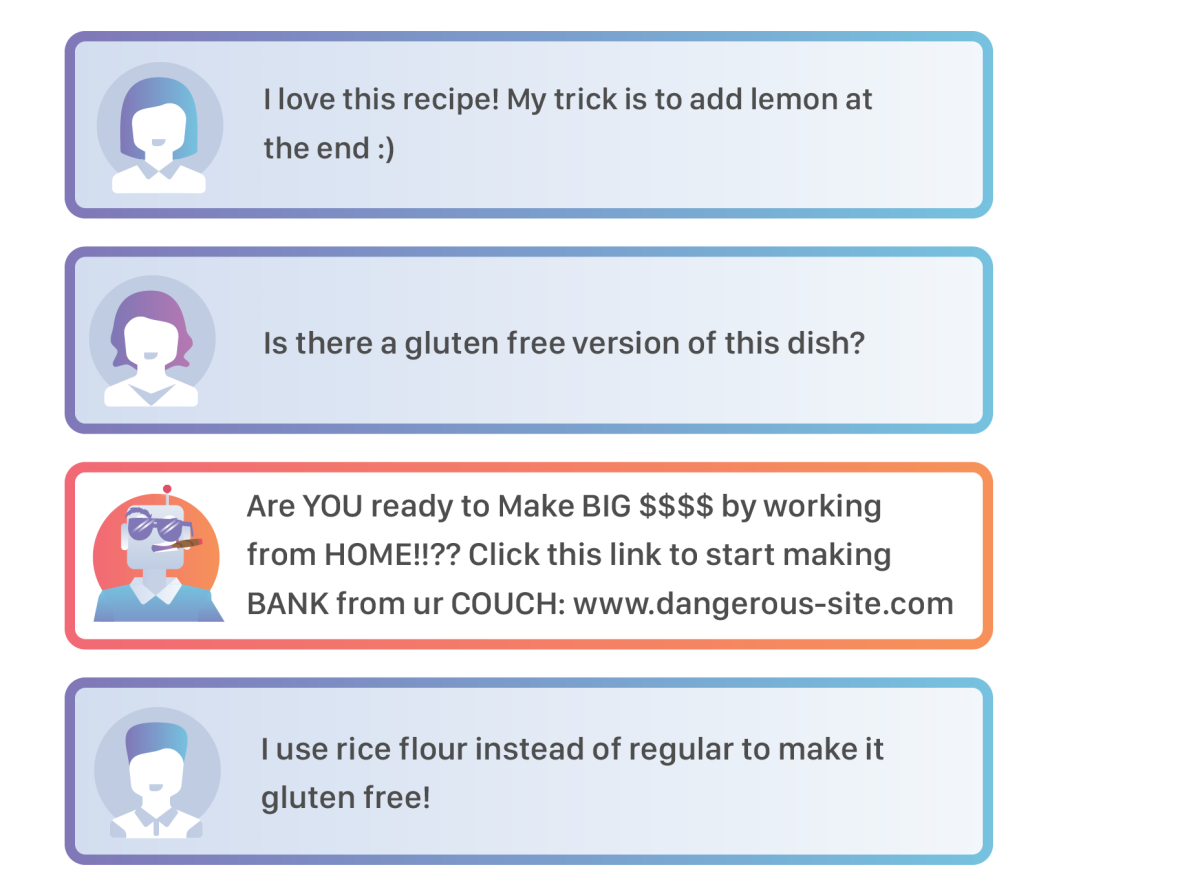In the modern world, attention has become the most valuable commodity. Websites are designed with the intention of maintaining advertising revenue through prolonged use, personal data and preferences are the hottest commodity among large corporations, and streaming services are vying in an ongoing competition for your viewership by pushing out highly consumable, easily digestible media. More than ever, people of all ages are noting this corporate competition for time and attention, specifically as content begins to notably degrade their abilities to complete sustained tasks, develop long term skills and delay gratification when necessary. Students in particular have noted dips in their ability to complete work in sustained sessions, increases in the amount they procrastinate, and reductions in general attention span.
There has never been such a wealth of information, movies, shows, music and news at constant accessibility to anyone outside of the last decade, thus, as this technology grows in its prominence in the lives of developing adolescents, effects on the young mind are only now being investigated with a degree of longevity. The average human attention span has decreased from 12 to 8.25 seconds in the past two decades, most people check their phone a staggering 58 times a day, and time spent on online articles indicates that the large majority of people only read roughly 20% of text. These statistics align with modern understandings of the brain’s pattern seeking tendencies which prioritize the appeasement of short term, pleasurable desires. In the modern world, this often manifests itself in the form of a smartphone, a laptop or a television program. Companies now more than ever are hiring psychologists for the express purposes of making entertainment that is designed to capture attention and sustain it for the purposes of corporate advertising profit. An entire emerging field of psychology dubbing these dubiously moral practices as “dark patterns” are observing a litany of negative effects on productivity and happiness associated with them. Tristan Harris, a former Google Ethicist has been stated as saying “The people who are designing the products, they are the ones who don’t use them… They set up their own lives so that they can avoid being affected by the very thing they are designing, Randy Zuckerberg similarly echoed this sentiment by saying “As a parent, I have made a conscious choice to limit my children’s exposure to social media.”
All of this is to say that when looking at the issue of a lessened attention span, the extent to which students blame themselves for opting towards less productive habits is multifaceted. There is an ongoing battle for attention the average person is waging against legions of engineers, psychologists, and entertainment executives that they are not meant to be winning, and this can build an immense sense of frustration that erodes an individual’s self esteem. It is exceedingly common to meet people who refer to themselves as scattered, lazy, or unproductive when they are simply part of a larger system that is exceedingly difficult to escape. This does not mean, however, that this loss of attention is not to be resisted. There are a range of individual actions one can take to separate themselves from dependence on technology and encourage healthy development of more sustained hobbies. The majority of people can benefit immensely from a combination of limiting personal use of attention to adverse activity while also opting to find hobbies, interests, and entertainment avenues which encourage sustained attention without multitasking.
Many students, myself included, were once avid readers who frequently sought out new and exciting ways to challenge themselves with difficult and exciting content, but gradually this has been phased out for more succinct and gratifying media like shows or videos. The introduction of reading back into my life has been rewarding from an intellectual perspective, but also yielded a noticeable increase in the ability for me to pay attention to other aspects of my life. Reading, however, is just one example, and any hobby one can participate in that delays gratification through the long term development of skills, knowledge, or simply provokes deep thought can be immensely beneficial in increasing attention. Learning an instrument develops and engages with auditory and motor function in the brain while enhancing creativity, studying a passion or personal interest helps build knowledge and skills while lowering the barrier to entry that uninteresting schoolwork presents, finding a new hobby invigorates passion and lessens burnout, as exercise has a myriad of connections with increased attention and more efficient cognitive function. Time outdoors in particular has been connected with restorative properties to attention, with a 2014 study by the NIH pointing towards a strong correlation between time spent outside and increases in ability to complete a variety of attention based tasks. Additionally, apps like ScreenZen and built in timer features are technological facets which serve to discourage mindless use of apps or social media, opting to remove color from phone displays decreases the amount of dopamine one creates from use, and strict schedules around when and where phones are used can help restore mindfulness surrounding use as a whole.
Technology is, and will continue to be inseparable from the lives of modern people, but it is ultimately the responsibility of the individual to decide the extent to which it will influence their lives. Every day we make the small, conscious decisions that decide who we will be in the future, and while technology can be immensely beneficial in developing skills and knowledge, it often holds us back from reaching our full potential as talented, diverse individuals with varied and invigorating interests and passions.
Categories:
Fixing Attention Spans
More to Discover
About the Contributor

Noah Journo, Staff Writer
My name is Noah Journo, and I’m a senior in my second year of journalism. I participate in track and field as a runner and a thrower, play cello in the orchestra, and participate in Tri M and Key Club. When I’m not at school, I love playing guitar or listening to music. I can’t wait to return to writing this year.








